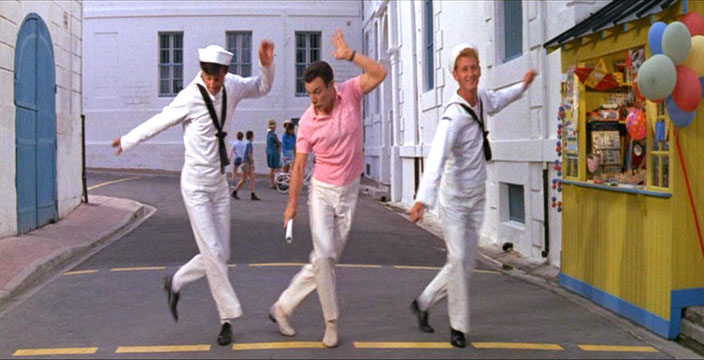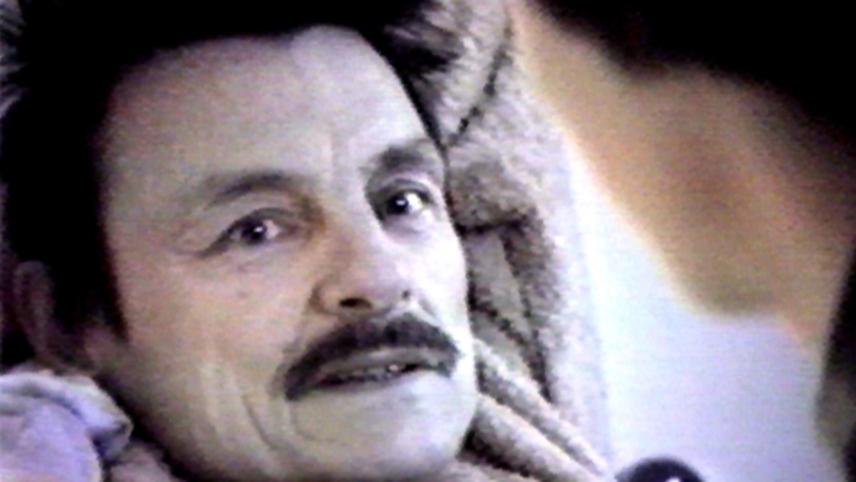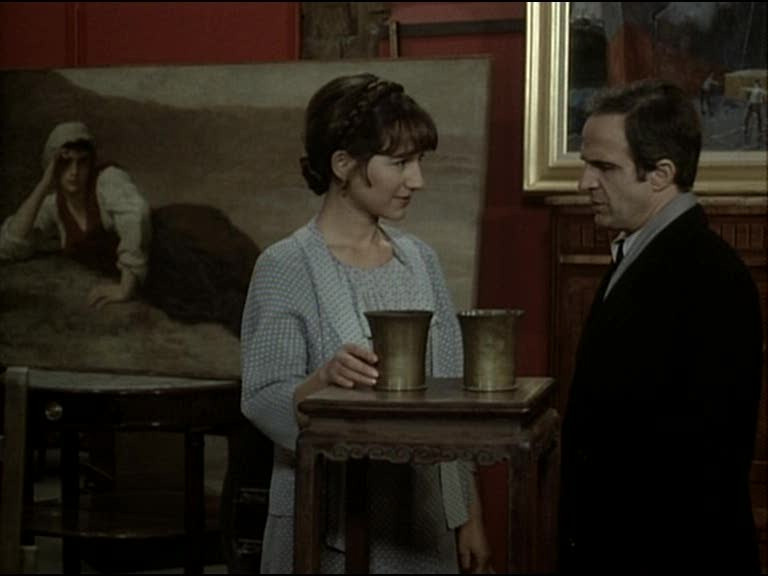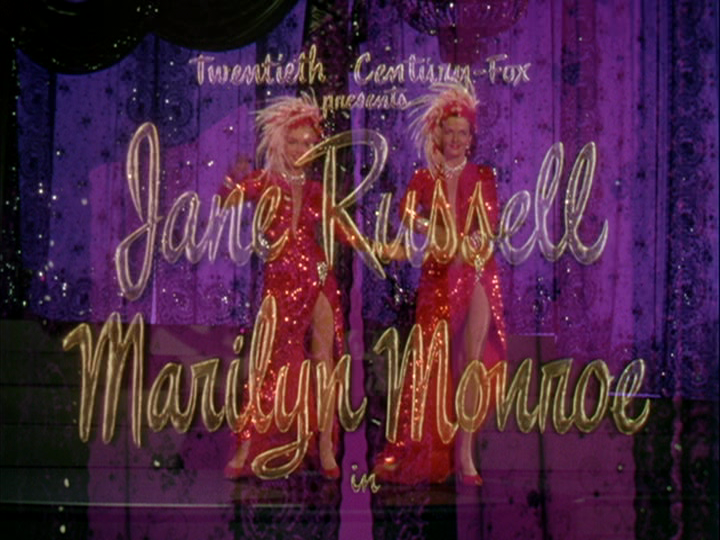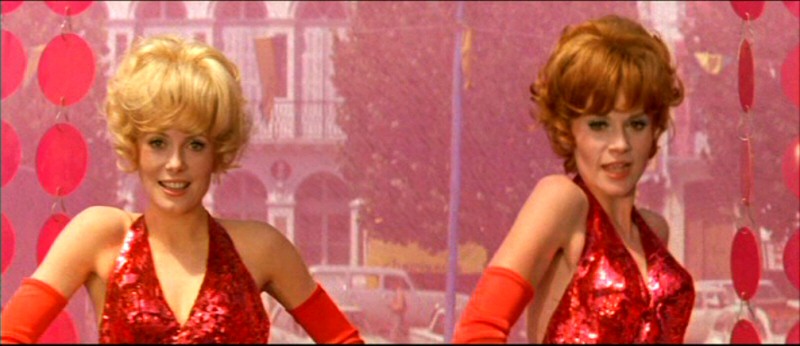From The Cine-Files, Spring 2012, issue 2. — J.R.
What for you makes the French New Wave such an exciting topic to study? Or… Is the French New Wave still an exciting topic to study? What can moviegoers of the 21st century take away from French New Wave films?
For me, the greatness of the French New Wave stemmed directly from the fact that it was the first comprehensive film movement spearheaded by film critics who were well versed in film history — an education that came about specifically through the efforts of Henri Langlois, the cofounder and director of the Cinémathèque Française in Paris, a very inspired and creative film programmer. And this was a critical appreciation that became closely tied to their filmmaking, not so much as a series of hommages as a kind of critical understanding. I’m not talking about tips of the hat to favorite movies or moments in movies, which is what we usually get in Woody Allen, Peter Bogdanovich, Francis Coppola, Brian De Palma, Martin Scorsese, and Quentin Tarantino; I’m talking about critical insights that change our sense of the movies.
Not all of the French New Wave filmmakers were critics or writers—the most notable exceptions that come to mind are Jacques Demy, Alain Resnais, Jean-Marie Straub and Danièle Huillet, and Agnès Varda (and perhaps, reluctantly, one could add Louis Malle to this list)—but I think it would be safe to say that all of them had a critical grasp of film history thanks to the programs of Langlois, and this critical grasp of film history is plainly visible (and audible) in their films. One couldn’t say that all these filmmakers were necessarily or invariably affiliated with Cahiers du Cinéma, either; for instance, Chris Marker, born the year after Eric Rohmer, is a film critic mainly when he makes films, but he has always been a writer, and his literary gifts are inextricably tied to his filmmaking. (One Day in the Life of Andre Arsenevich is not only the best criticism of Tarkovsky that I know; it’s also a superb literary creation, even though it’s also a film — like the best of Godard, it’s criticism composed in the language of the medium.)
The critical tradition that I have in mind was embodied first by Alexandre Astruc, Georges Franju, and Roger Leenhardt (crucial precursors, all three critics and filmmakers), then by Jean-Luc Godard, Resnais, Jacques Rivette, Demy, François Truffaut, Marker, Varda, Claude Chabrol, and Rohmer, followed soon afterwards by Luc Moullet and Straub-Huillet, and much later by Olivier Assayas and André Téchiné, and still more recently by Pedro Costa, another critic who doesn’t write but who (like his mentor, Straub) always projects critical insights about other films and filmmakers in both his films and his interviews.
What would you say are the most under- or over-rated films produced by the French New Wave? Who are its most under- or over-rated filmmakers?
For me, most of the thrillers of Claude Chabrol and comedies of Eric Rohmer are overrated (with some notable and uncharacteristic exceptions, like Les bonnes femmes, The Ceremony, Perceval, and Summer), but their criticism is underrated because they wrote the very first book taking Alfred Hitchcock seriously as an artist, a position that thanks to the two of them and to Truffaut we now take for granted. I think the cutesy side of Truffaut after The 400 Blows is overrated, but the morbid side of him expressed in The Green Room, the best critique by anyone of la politique des auteurs, is underrated. I think it’s truly regrettable that the four greatest films of Rivette — Out 1, Out 1: Spectre, L’amour fou, and Celine and Julie Go Boating — are the ones that remain the hardest to see, although I’m told that the last of these will be coming out soon on an American DVD. (It’s already available with English subtitles from England.) After Godard’s Week End (1967), with a few exceptions (such as Passion, Nouvelle Vague, and Film Socialisme), I think his best work, which includes his film criticism, tends to be on video, while I think Resnais’ best work as film criticism chiefly remains his early shorts and first two features, although I couldn’t overlook Providence or Mélo, which have a great deal to teach me about cinema even though they’re supposedly “about” a novelist and theater, respectively. And the best appreciative criticism of the American movie musical probably remains Demy’s The Young Girls of Rochefort.
Do you think there’s a danger in being nostalgic about the French New Wave era?
There’s a danger in being nostalgic about any era, especially if this leads to deceiving oneself about the past and/or the present. I don’t think that “cinema” was necessarily better understood during the New Wave era, nor was it necessarily better. How could we know such a thing? Grasping what’s right in front of us is never easy, and it wasn’t easier then.
Posted on May 28, 2012

